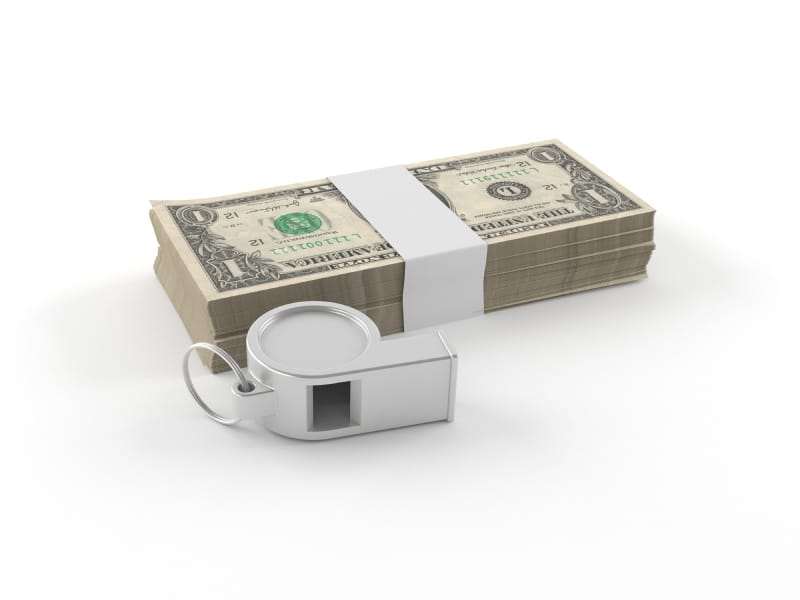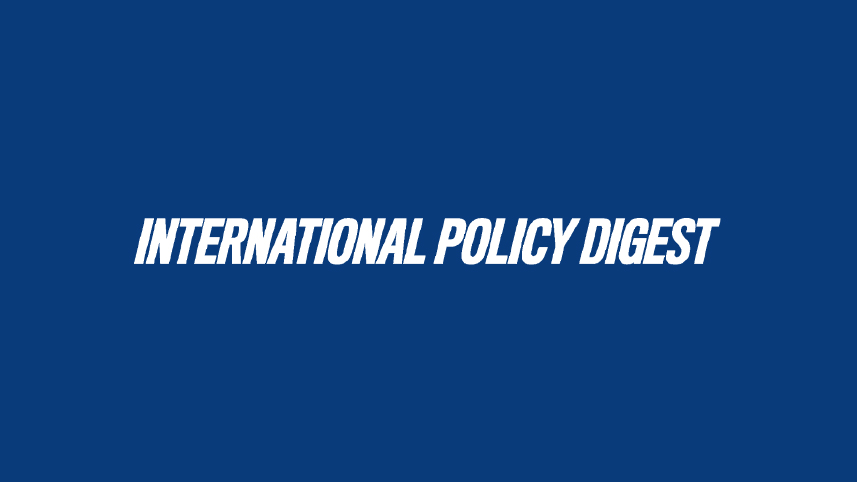Reuters: In notorious KBR whistleblower case, client privilege is again at issue

Ten years ago, the government contractor KBR began an internal investigation of allegations that it overbilled the U.S. government for shoddy work by Iraqi subcontractors who paid kickbacks to KBR employees. The U.S. Defense Department requires its contractors to investigate kickback allegations, and KBR has in the past offered credits to the U.S. government based on the findings of internal investigators. In this case, however, after two years of interviewing witnesses and reviewing documents, KBR did not inform the Defense Department that there were reasonable grounds to believe kickbacks had been paid. Nor did it tender any credit to the government for overcharges.
There are two possible explanations for that outcome. One is that KBR’s internal investigation determined the allegations to be unfounded so the contractor had nothing to report. The other possibility is that KBR either manipulated the investigation or the evidence in order to reach the conclusion that it did nothing wrong. As you may recall, KBR required employees to sign non-disclosure agreements about the investigation, a tactic that’s under scrutiny by the Securities and Exchange Commission and by Democrats in the U.S. House and Senate.
At the moment, only KBR knows what its investigators found. But the company is – once again – fighting to keep its documents under the cloak of attorney-client privilege. Unless the District of Columbia U.S. Circuit Court of Appeals comes to its rescue for a second time, KBR will have to give up the records of its investigation to whistleblower Harry Barko and his lawyers at Kohn Kohn & Colapinto.
In KBR’s previous trip to the D.C. Circuit in June, the appeals court set a business-friendly standard for attorney-client privilege, holding that the privilege shields the records of internal investigations as long as obtaining legal advice was a “substantial purpose” of the inquiry. Granting KBR’s mandamus petition, the appeals court reversed the trial judge overseeing Barko’s False Claims Act case against KBR, U.S. District Judge James Gwin of Washington. The appellate ruling came as a huge relief to corporations in regulated industries, since Gwin had held that attorney-client privilege does not protect documents from internal investigations conducted with the primary purpose of compliance with federal regulations. Late last month, Barko filed a petition for certiorari at the U.S. Supreme Court, arguing that the D.C. Circuit’s new substantial purpose standard is at odds with Supreme Court precedent on the attorney-client privilege.
But meanwhile, Judge Gwin found a different rationale for lifting privilege protections on the records of the internal investigation. On Nov. 20, he ruled that KBR had waived the privilege by implying a defense based on the conclusion of the internal investigation. The company, he said, put the internal investigation at issue in the False Claims Act suit in two different ways. When in-house lawyer Christopher Heinrich was being deposed by Barko’s lawyers as a corporate representative, KBR outside counsel Craig Margolis of Vinson & Elkins asked him a series of questions about KBR’s actions after the investigation. Gwin said that unusual procedure “interjected the inference” that if the investigation had produced reasonable evidence of kickbacks or fraud, KBR would have told the Defense Department. The judge said KBR made the same inference when it cited Heinrich’s testimony in a motion for summary judgment filed a few days after the deposition.
“KBR did more than simply say that it had conducted (an) investigation and had not reported fraud to the Department of Defense,” Gwin held. “With each use of the investigation and non-report, KBR joined the argument that, under its contracts and practices, KBR reports possible infractions when (an) investigation raises any reasonable evidence that fraud or kickbacks had occurred. And KBR consistently argued that it reported any reasonable evidence of kickbacks to the Department of Defense even when doing so cost KBR money.” He ordered KBR to turn over all of the contested records of its investigation.
KBR subsequently refiled its summary judgment motion to excise any language that could be read – mistakenly, in the company’s view – to suggest the company was seeking an inference based on the outcome of the internal investigation. And in a motion for reconsideration, the company’s lawyers at V&E expressly disavowed the inference. According to KBR, Judge Gwin had drawn a mistaken inference when none was implied. The company argued that the judge’s purported justification for providing documents to Barko’s lawyers – so that the whistleblower could rebut the implication that the investigation cleared KBR – was mooted by KBR’s express renunciation of that implication.
Last week, both KBR and Barko filed additional explanations of their positions with Judge Gwin. KBR is expected to submit a final brief on Monday.
KBR’s reconsideration motion suggested that if Gwin does not reverse himself or allow the company to bring an interlocutory appeal, KBR will file another mandamus petition. (If it comes to that, I doubt the company will get as much amicus support as it did the first time around, since Gwin’s implied waiver ruling doesn’t have the broad implications of his previous decision on internal investigations conducted to comply with federal regulations.)
Barko lawyer Stephen Kohn told me he wants the Supreme Court to grant Barko’s cert petition and rule that the D.C. Circuit should not have considered attorney-client privilege on a writ of mandamus but should have waited for a final judgment. “We can’t litigate this case if every decision goes up on mandamus,” he said. “We’ll be litigating forever.”
KBR counsel John Elwood of V&E said that the D.C. Circuit was right to keep the company’s records under protection. He also said that Barko’s entire strategy is to obtain KBR’s records rather than conducting his own investigation. (Barko counsel Kohn said that is a “totally frivolous” contention, noting that Judge Gwin has already reopened the deposition of KBR’s in-house lawyer.) KBR said in its reconsideration brief that its defense is actually quite simple: Barko “has not adduced evidence of fraud, and KBR’s claims were not false.”
(Reporting by Alison Frankel)
Latest News & Insights
October 16, 2024




